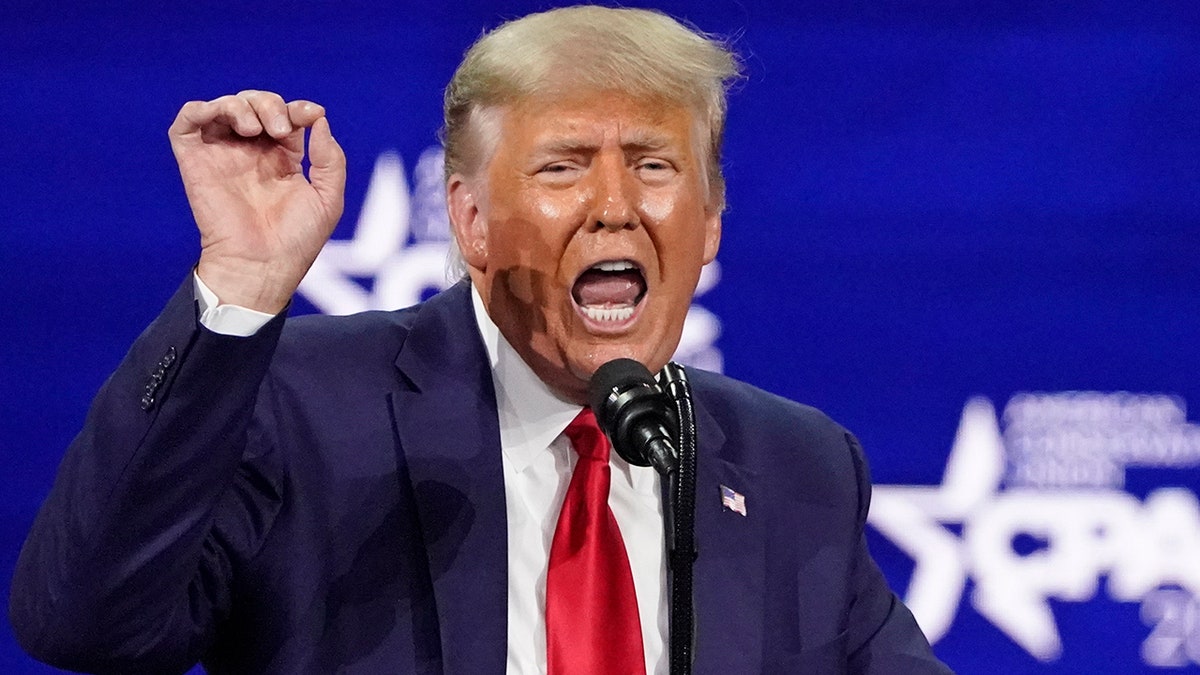Newsweek
Fox News anchor Chris Wallace confronted Texas Governor Greg Abbott, a Republican, over his support for restrictive new voting legislation in his state, suggesting that the bill was intended to “suppress” voters of color.
Hundreds of Texans opposed to the Republican-backed measure signed up to testify against the bill in a weekend hearing at the state Capitol, with many waiting more than 17 hours to make sure their voices were heard. During the Fox News Sunday interview, Wallace pressured Abbott over the controversial GOP bill, which has been largely pushed forward due to former President Donald Trump‘s false claims that he lost the 2020 election because of widespread voter fraud.
“Let me ask you about two other things the GOP bills would do,” Wallace said, before putting the changes in a list on the screen. He pointed out that the legislation would ban 24-hour and drive-through voting. “Now, there was no allegation of fraud in either of those,” he said.
Wallace then went on to explain that drive-through and 24-hour voting were successfully implemented in Harris County, Texas. “More than half of the voters who showed up [for these voting options] were people of color,” he said.
“So, you say you want to make it easier to vote. That’s going to make it harder to vote, and the question is, why make it harder for some Texans to vote unless the point is to suppress voting by people of color?” Wallace asked Abbott.
The Texas governor responded by arguing that, under the federal Constitution, states—and not counties—are given the authority to manage elections. “Despite that constitutional mandate, this past election, Harris County—a county—tried to create its own election system that had never been used in the state of Texas,” Abbott said.
Wallace interjected, asking, “Governor, why not let it go on? Governor, I guess the question is, if 24-hour voting worked, why not continue it?”
Abbott then insisted that the same arguments were used when Texas enacted a voter ID law back in 2017, noting that the state actually saw more people—not less—vote in subsequent elections. He then said that the “integrity” of the ballot box system was in question with 24-hour voting. The governor suggested that the boxes needed to be constantly monitored if they were to be trusted.
“We are providing more hours per day for voting to make sure that anybody with any type of background, any type of working situation is going to have the opportunity to go vote,” the Texas Republican said. “With regard to the drive-through voting, this violates the fundamentals of the way that voting integrity has always been achieved—and that is the sanctity of the ballot box.” He suggested that drive-though voting allows someone in the vehicle with the voter to have a “coercive effect” on how a person casts their ballot.
Abbott said this was “contrary to going into the ballot box alone and [having] no one there watching over your shoulder.” Newsweek reached out to Abbott’s press secretary for further comment on the GOP-backed voting changes in Texas, but did not immediately receive a response.
If successfully passed, the Texas bill will tighten the rules around voting by mail, rein in 24-hour and drive-through voting and bar local election officials from preemptively mailing out applications for absentee ballots to all registered voters, among other changes strongly criticized by voting rights activists and Democrats. The measure comes as GOP lawmakers in states across the country have pushed for election reforms, as Trump continues to baselessly claim that the 2020 election was stolen by President Joe Biden through widespread fraud.
Dozens of election challenge lawsuits were dismissed by state and federal courts, with even judges appointed by Trump and other Republicans rejecting the often bizarre allegations. Audits and recounts in key battlegrounds states—including in places where the election was overseen by pro-Trump Republicans—reaffirmed Biden’s victory over the former president.
Former Attorney General William Barr, who was widely viewed as one of Trump’s most loyal Cabinet officials, said in December that there was “no evidence” to support the claims of widespread fraud. The Cybersecurity and Infrastructure Security Agency at the Department of Homeland Security also asserted after the election that there was “no evidence that any voting system deleted or lost votes, changed votes, or was in any way compromised.”
Nonetheless, Republicans have introduced more than 60 bills with provisions that would restrict voting in at least 18 state legislatures, according to a May report from the Brennan Center for Justice. More than 30 of these election bills have already passed through at least one chamber of the legislatures.
This Story First Appeared At The Newsweek

/cloudfront-us-east-1.images.arcpublishing.com/tgam/Q6QYBE6OMBMTNMJRDIYHKJWLYM.jpg)
